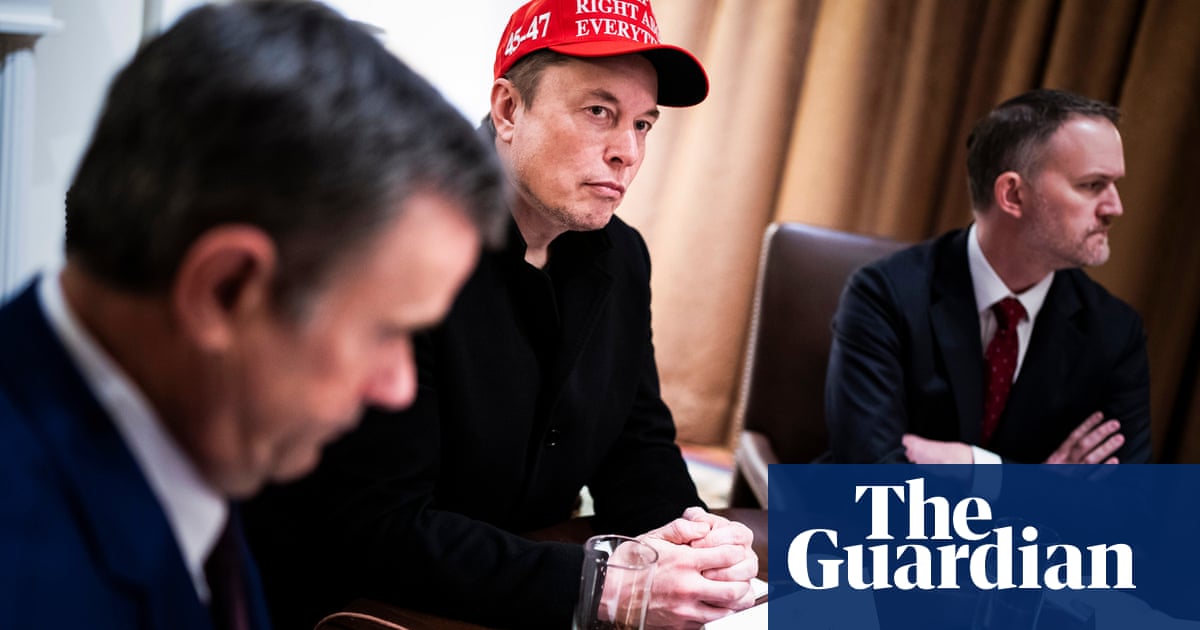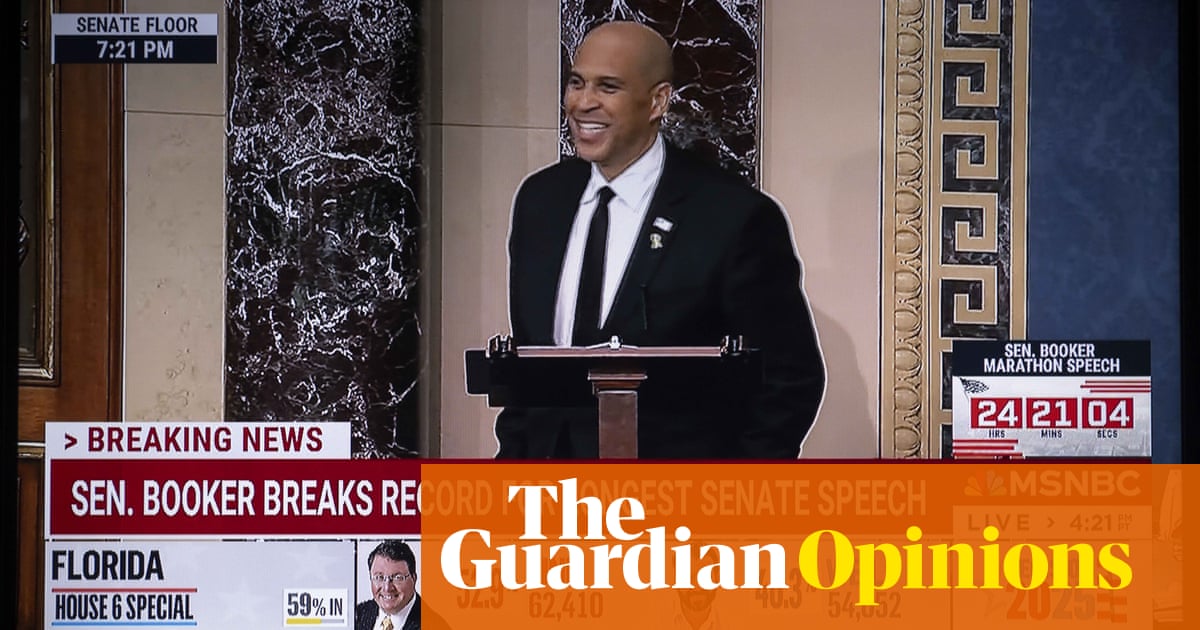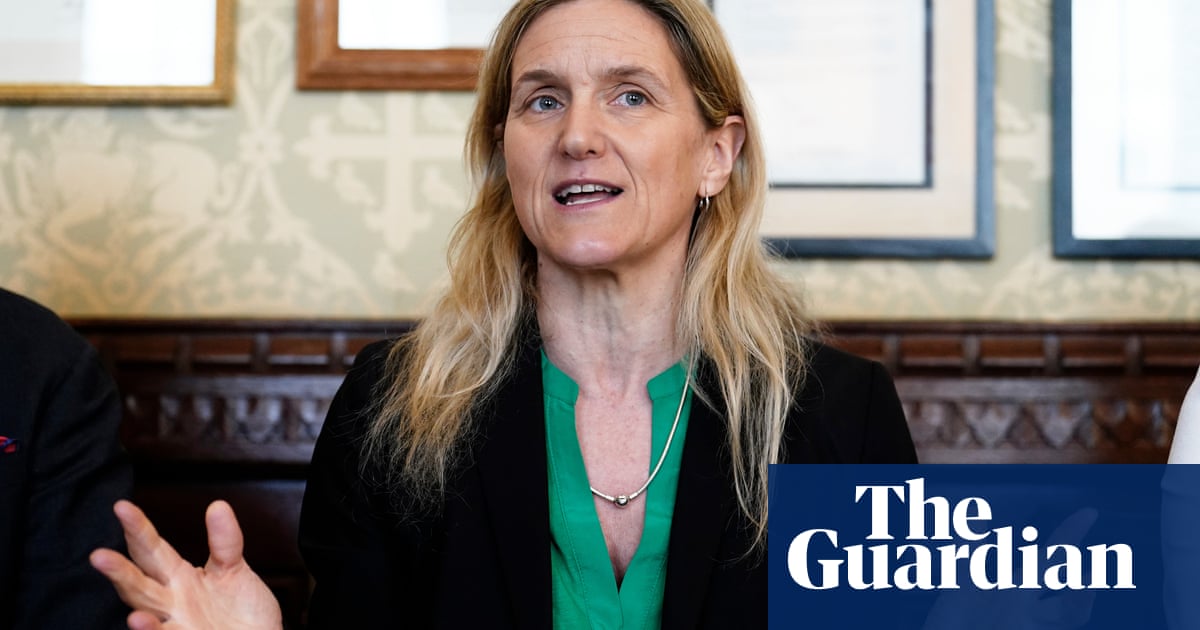Ten leading car manufacturers – plus two automotive trade bodies – have been fined more than £77m by a UK regulator after admitting breaking competition law in relation to advertising their green credentials.
The Competition and Markets Authority (CMA) launched an investigation after a tipoff from Mercedes-Benz, which allowed the German marque to avoid financial penalties despite also being involved in the cartel.
Its rivals – BMW, Ford, Jaguar Land Rover, Peugeot Citroën, Mitsubishi, Nissan, Renault, Toyota, Vauxhall and Volkswagen – “illegally agreed” not to compete when advertising what percentage of their cars can be recycled at the end of the car’s life, the CMA found.
The regulator added that the carmakers, with the exception of Renault, also agreed not to share information with their customers about the percentage of recycled material used in their vehicles.
Two trade associations, the European Automobile Manufacturers’ Association (ACEA) and the Society of Motor Manufacturers and Traders (SMMT), were also involved in facilitating the agreements.
Failing to compete in this way is against competition rules and meant customers buying a car from these manufacturers were unable to fully compare the green credentials of vehicles when buying, the CMA said.
Lucilia Falsarella Pereira, the agency’s senior director of competition enforcement, said: “Agreeing with competitors the prices you’ll pay for a service or colluding to restrict competition is illegal and this can extend to how you advertise your products.
“This kind of collusion can limit consumers’ ability to make informed choices and lower the incentive for companies to invest in new initiatives.
“Today’s fines show our commitment to taking action when competition law is broken. In accordance with our leniency policy, we’ve given discounts to those who came forward with information and cooperated at an early stage, which helps to get the swiftest outcomes.”
After launching its investigation, the CMA was approached by the SMMT, Stellantis – the owner of Opel, Peugeot Citroën and Vauxhall – and Mitsubishi requesting leniency, which resulted in their fines being reduced.
Under the CMA’s leniency policy, a business involved in a cartel can receive lower penalties in return for assisting the CMA with its investigation.
The CMA added that most manufacturers took part in this practice from May 2002 to September 2017, with Jaguar Land Rover joining in September 2008.
after newsletter promotion
The agreement was set out in a document called the “ELV Charta” – sometimes referred to as a “gentleman’s agreement” – and sought to “avoid a competitive race” among the manufacturers in relation to advertising claims of this kind.
The European Commission also launched a parallel investigation in March 2022. It fined 15 car manufacturers plus the trade body ACEA €458m (£383m) for participating in a cartel regarding end-of-life vehicle recycling across the trading bloc.
The 10 manufacturers subject to the UK fines were contacted for comment by the Guardian.
A spokesperson for Renault said: “The infringing practices date back to 2002 and ended up in 2018, at a time when the structuring of the ELV (end of life vehicle) recycling sector was still nascent, as was environmental communication. The practices do not financially harm consumers.”

.png) 1 day ago
6
1 day ago
6













































